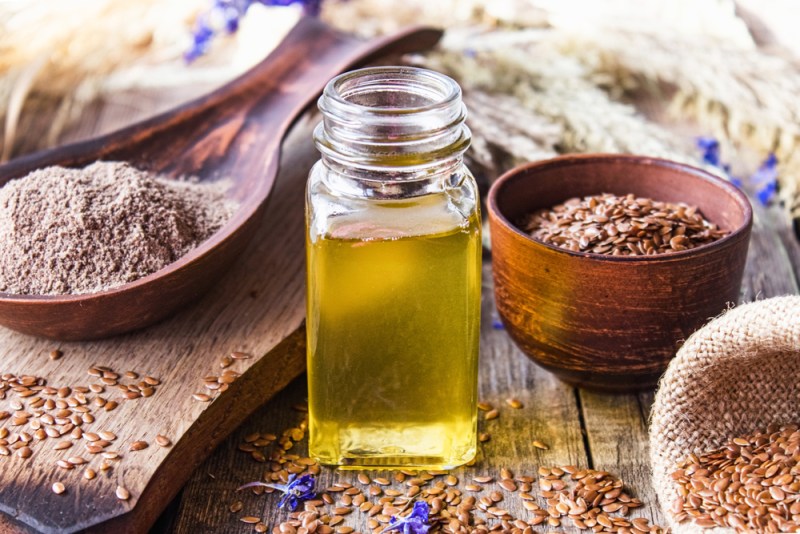
Flaxseed is the true golden fleece of legend. It is rich in omega-3 fatty acids, lignans, fiber, vitamins, and minerals that are hard to find in plant-based foods, giving it the much-acclaimed “superfood” status.
Humans have cultivated flax since the beginning of recorded history. The ancient Romans knew the plant as Linum usitatissimum which translates neatly as “very useful.” This crop also played a major role in the birth of America, where it quickly took root as a fiber to use for producing clothing.
Dietary, commercial, and medicinal use of flax has waxed and waned across different periods of time. All of that changed when medical researchers began to take a more thorough appraisal of this majestic golden wonder. Today, flaxseed is properly lauded as the nutritional powerhouse that it is.
Heart disease, cancer, and diabetes, some of the most tragic medical outcomes, are all vastly improved with supplemental flaxseed. The main beneficial components of flaxseed are: omega-3 fatty acids, lignans, fiber, protein, vitamins, and minerals. Although there are many studies that show the health benefits of flaxseed, it is important to remember that flaxseed is most useful when eaten as part of a balanced diet. If you struggle with your nutritional routine, it may be useful to consult with a dietitian.
Not all flaxseed products are created equal. However, leading research has found that they all provide worthy health benefits that we think are worth considering. With nutritional supplements, it is important to source higher quality products that have more rigorous quality control standards.
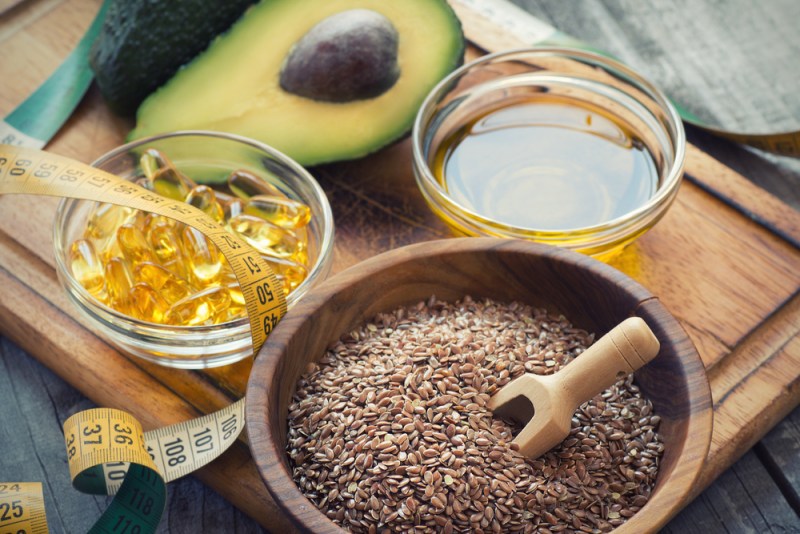
How to eat flaxseed?
Health professionals often laud flaxseed for its fatty acid ratio. It contains lots of types of fatty acids as well as vitamins B and E, which are normally found in animal products. There are many different ways to eat flaxseed. Raw whole flaxseed, ground flaxseed, cold extracted oils, dried powders, and flaxseed milk (a great plant-based milk) are some of the different products available for adding flaxseed to your daily diet. It is important to know that raw flax contains additional magnesium, vitamin B, and fiber that flaxseed oil does not.
How to eat whole flaxseed
Whole flaxseeds have the longest shelf life, but it’s hard for your digestive tract to break down. To make them easier to digest, try throwing them in a food processor before sprinkling them onto your breakfast or into your baked goods. Raw whole flaxseed can be sprinkled on foods like oatmeal, yogurt, or baked into muffins for added fiber, omega-3 and omega-6 fatty acids, protein, and minerals.
How to eat ground flaxseed
Flaxseed meal or ground flaxseed goes bad faster than whole flaxseed, but is easier to digest. If you buy your flaxseeds already ground, you can store them in the fridge or freezer so that they last longer.
Flaxseed meal and powder are great to add to smoothies. Combined with protein powder, fruits, ice, yogurt, milk, or water to your taste, this product is quite tasty. If you are wondering how to take flaxseed meal or flaxseed powder, it’s simple. Take flaxseed powder and meal products mixed inside beverages and other foods or taken directly by mouth with water. Flaxseed meal can even be mixed with water to use as a replacement for eggs in baked goods.
How to eat flaxseed oil
Flaxseed oil goes bad the fastest of all three of these products. The oil is a natural product that provides a wealth of nutritional health benefits. Flax is high in alpha-linolenic acid (ALA), which is a health-boosting omega-3 that provides fatty acid. Omega-3 fatty acids provide considerable improvements to mental health and physical well-being.
The health benefit of ALA has been well established in the research medical literature. The current leading views find this plant-based fat to be even more promising than previously thought. Healthy fat consumption is a cornerstone of healthy aging. Turn back the clock and re-energize by increasing your healthy fat consumption. Dietary foods like flaxseed oil are an easy way to reap the benefits of plant-based fats.
Adventurous users will take straight shots of flaxseed oil products, but they can also be added to foods similar to whole and ground flaxseeds.
How to supplement with flaxseed
Those who want the benefit of flax without having to eat it at all can also purchase flaxseed powder and oil inside gel caps. Adding flaxseed supplements to your nutritional regimen is a great way to plan to be your best today and long into tomorrow.

Should I eat raw or roasted flaxseeds?
Raw flaxseeds provide more nutrients than roasted flaxseeds. Raw flaxseeds provide the most complete nutrition. Roasted flaxseeds, however, offer what many people consider a better and more enjoyable taste. Plant-based extracts can also provide benefits. Seeking out high-quality flaxseed extracts requires a bit of experimentation and research. If adding flax to your diet is important to you and you don’t want to take an oil, powder, or pill-based supplement, eating seeds is a great option.
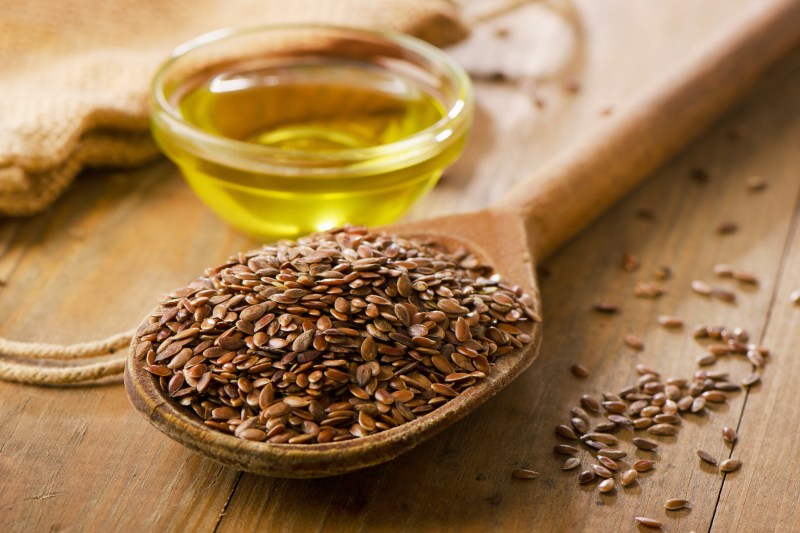
How much flaxseed should I eat a day?
Flaxseed contains “healthy fats,” but there is a such thing as too much healthy fat. Too much healthy fat, like too much “bad fat,” can lead to weight gain and negative health outcomes. Health benefits can be seen when including as little as 1 tablespoon of flaxseeds in your diet. In general, you don’t want to be taking in more than 3 grams of omega-3 fatty acids per day, which is how much omega-3 fatty acids are in a tablespoon of flaxseed. If you have any health conditions or plan to take more than 1 tablespoon of flaxseed, please consult with a health care provider.
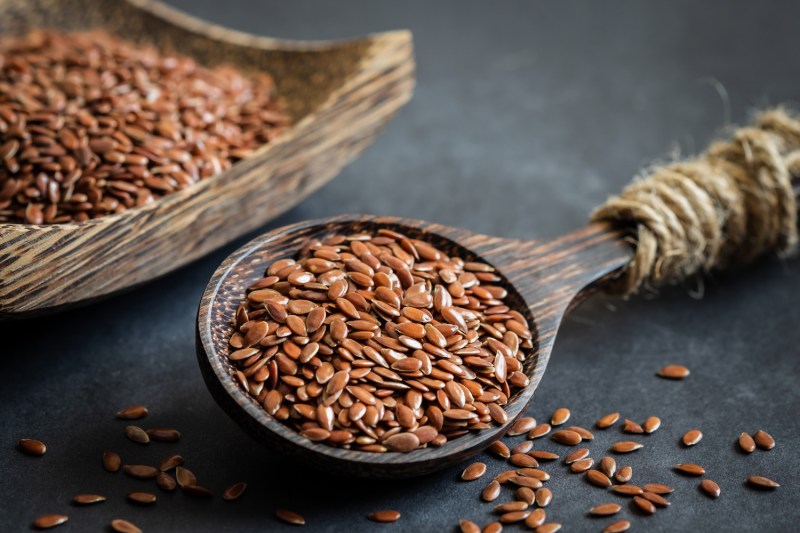
Can I use flaxseed for weight loss benefits?
How do you use flaxseed to lose weight? Flaxseed contains a wealth of plant-based protein and dietary fiber to supplement its already potent dosage of fatty acids. Protein, fatty acids, and fiber in flax help to increase satiety and reduce appetite. Many people add flaxseed to their diets to help them feel more full. The added nutrients from flaxseed will promote weight loss if you are also decreasing the amount of starch, sugar, and added calories in your diet.
Plant-based nutrition provides the health benefits necessary to maintain optimal health and wellness. While no one health product or food provides all the benefits we need to feel and look our best, flax is an example of a superfood that can be a part of a balanced diet.
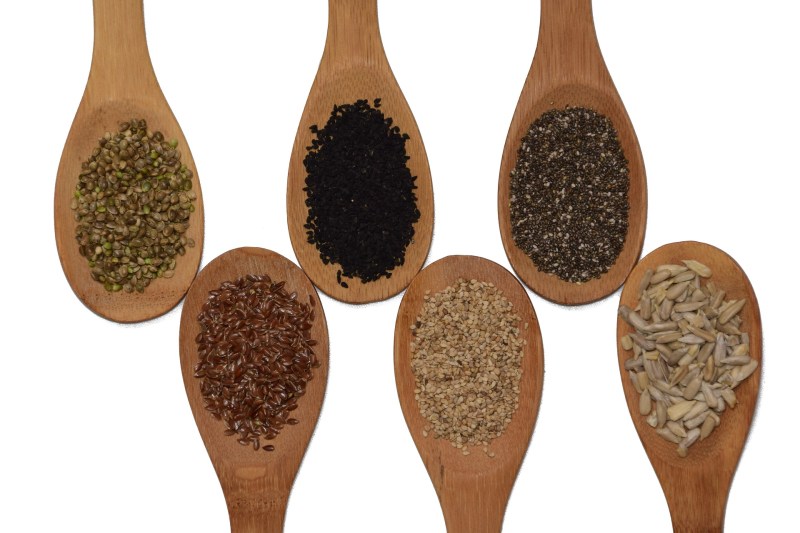
Health benefits of eating flaxseed
Products containing flaxseed are a great way to boost your health and longevity. Adding these products to your weekly menus or supplement lists is a great way to reap the immense medically proven benefits of this ancient plant and golden helper.
Flax is a great way to constantly improve and promote long-term health, wellness, and success. Remember that no one food will make you “healthier.” Even superfoods are intended to be eaten in a balanced diet that contains all of the macronutrients and micronutrients needed to survive. For tips on having a balanced diet and exercise routine, consult with a dietitian and certified personal trainer, respectively.
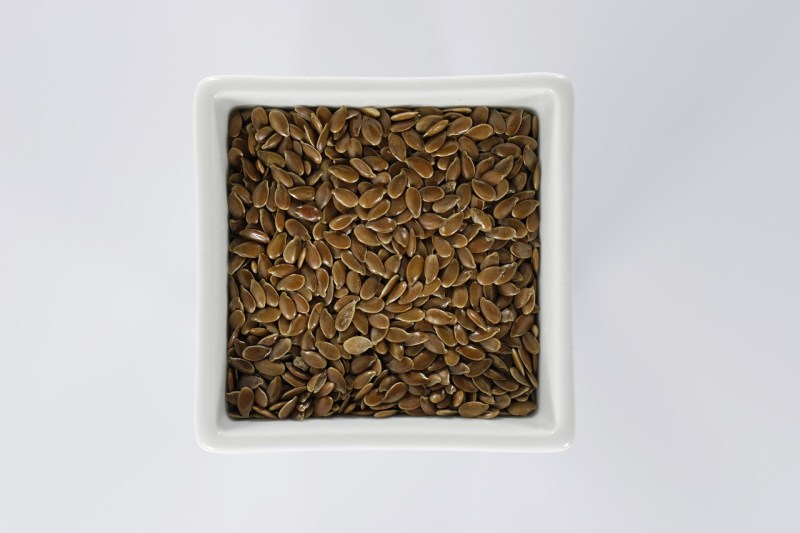
Is there a flaxseed shortage?
Presently (as of this writing), the availability of flaxseed is pretty good. There have been occasional shortages over the past few years due to a combination of climate change and war-related trade sanctions (keep in mind that a lot of flaxseed grows in China and Russia, as well as Canada). But unlike items like eggs, turkeys, or even Chartreuse (yes, there’s a Chartreuse liqueur shortage), flaxseed has remained in pretty healthy supply.
However, due to the ongoing wildfires in Canada — not to mention the war in Europe — it’s very possible that there will be some kind of dip in flaxseed availability in the near future. That means you can find it in the bulk section of most grocers, online, or through quality natural food providers like Bob’s Red Mill.
Still thinking about healthy living? Check out our feature on plant-based meats and the health benefits of coconut oil. Here’s to a continued healthy 2023.



